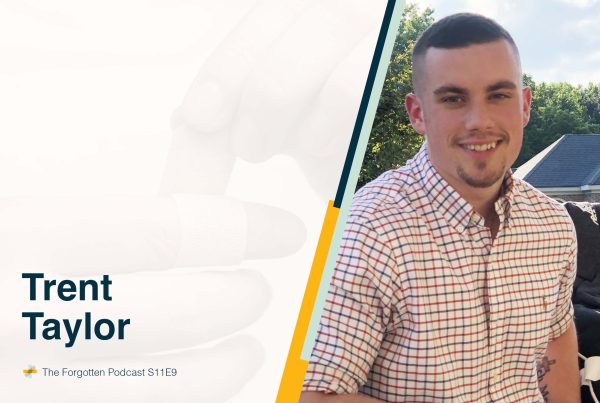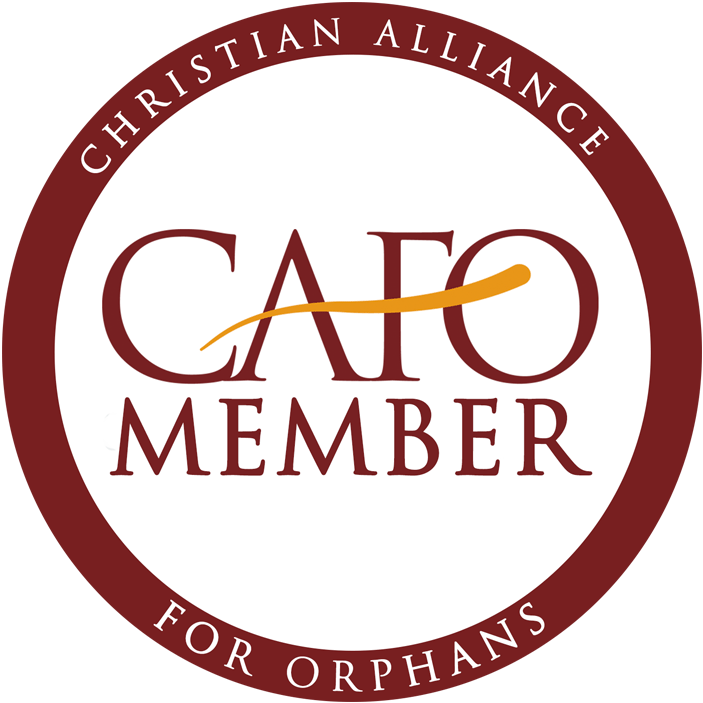
Have I ever mentioned how much I love the people I get to meet through this podcast? What a powerful story of resilience and HOPE I get to share with you today!
Antonio Grate is a former foster youth who grew up in Chicago. His story includes his mother’s addiction, not having his father in his life, and eventually aging out of the foster care system. Even through all these challenges, the pain has not defined his life.
Today, he is a Social and Emotional Strategist, professional speaker, author, minister, husband, and father of four. It’s clear that he is passionate about sharing a message of hope with the foster care community.
It is an honor and a true inspiration to have Antonio join me today!
TAKEAWAYS FROM TODAY’S CONVERSATION:
1. You can’t always see what someone is carrying with them.
Many of the children who enter into kinship care or foster care carry the burden of their family life. For Antonio, he was carrying burdens from his brother being hit by a car, almost getting shot himself, his grandmother passing away, the pain of his mother’s addiction, and more. It’s a lot for a child to process, even more so while they are also going through transitions.
“That guilt was still there, but no one was there to talk to me about it. I wasn’t really able to express it. I just kept it within and dealt with it as best as possible.”
2. Children need someone to advocate for them.
Regardless of if a child is with their biological parents, foster parents, or another family member, children need someone to advocate for them. When a child has a difficult home life, there isn’t often someone to speak up for them. Social workers are on the front lines to step in and be an advocate for the needs of a child, and in many instances, this comes as a relief to the child. This is perhaps the first time that they have had someone else speaking up and advocating for them.
“Going into foster care was a sigh of relief because I had somebody on my side, a social worker, who was there to support me and help me in the areas I needed help in.”
3. Children who age out have to be intentional to reach their goals.
Aging out marks the time when the support system from the government gets cut off. When a child reaches this time period, if they have not been intentional about building up a support system, being vigilant about grades to get accepted to a college or enter a career, or qualifying for financial aid, they may struggle to find that support and reach their goals. It’s important to intentionally help children preparing to age out of foster care to access a support system and develop a community around them.
“You have a seed of greatness in you. In spite of what you have been through, in spite of what you have experienced, in spite of what you endured, in spite of where your mind and your emotions and heart is right now, you have a seed of greatness in you.”

Meet Our Guest
Antonio Grate is a former foster youth, Social and Emotional Strategist, professional speaker, author, minister, husband, and father of four. He shares his story of growing up in the ghetto of Chicago, having a mother with a drug addiction, an absent father, entering kinship care, and then aging out of the foster care system, to inspire and invest in the lives of others. Antonio found an advocate in his social worker who pushed him to find success in spite of his circumstances.
Get encouragement and updates in your inbox.
Be the first to know about new episodes, posts, resources, and stay in the loop about what’s coming up.
Other Episodes You Might Enjoy:










